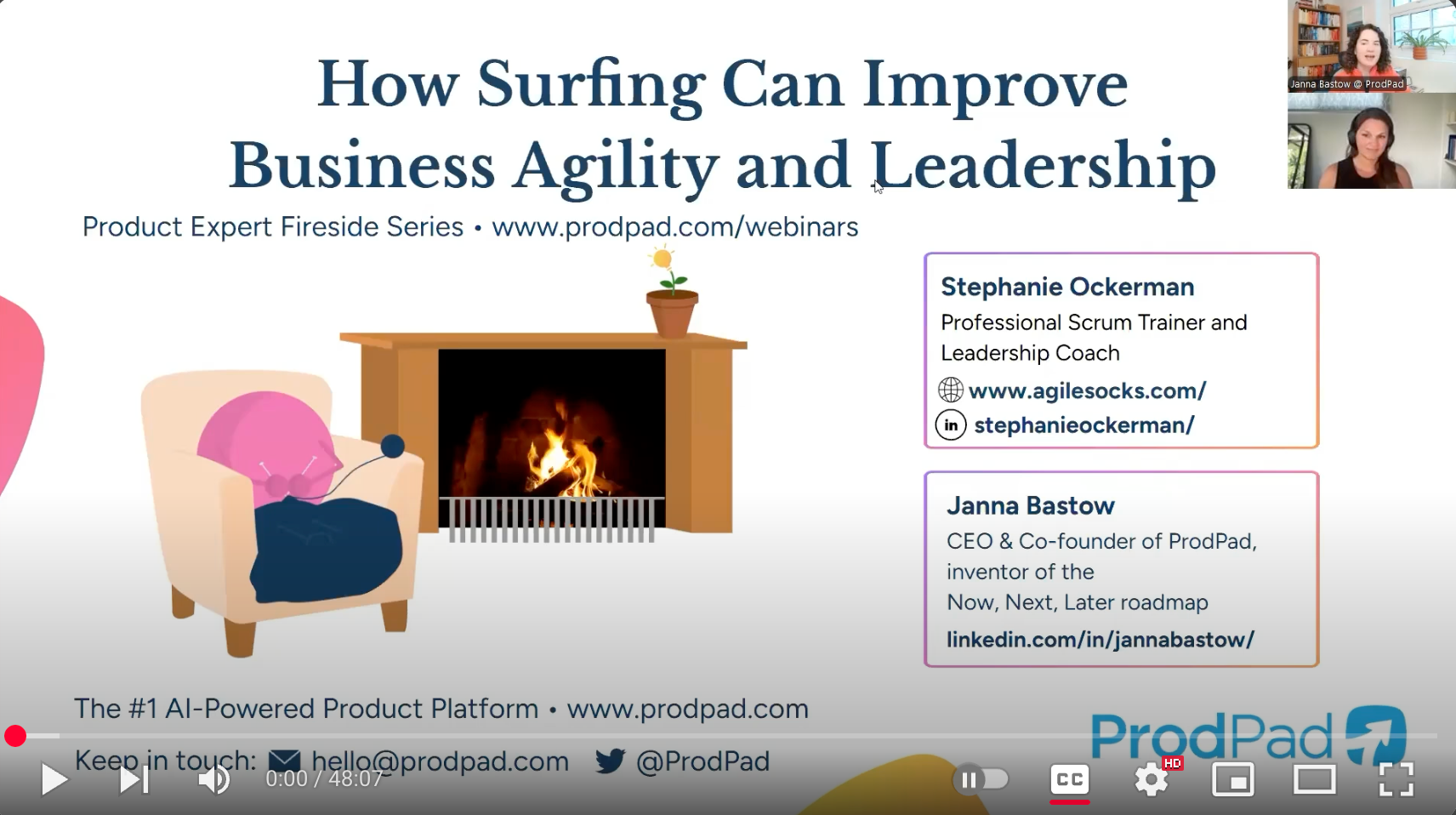
Think of it like an app running in the background.
![]()
Over time avoidance drains our battery.
What we avoid is still being processed and affecting our thoughts, emotions, and behaviors. Sometimes we are aware this is running in the background, and we catch ourselves thinking about it. Then we try to distract ourselves. Often we don’t even have awareness, and the effects still show up.
Because we are human beings with integrated (not compartmentalized) lives, avoidance in one area often impacts other aspects of our lives. From how we interact with our co-workers to how we engage with our community. It impacts how we show up for our family and how we show up as leaders in our organizations. From how we nurture our friendships to how we take care of our own needs.
Things individuals may avoid:
Things teams may avoid:
Things organizations may avoid:
And the battery keeps draining.
Many times we point at the “other” as a mechanism for avoidance.
I am not going to look at my own mistakes and where I need to grow because the bigger problem is with team dysfunction and organizational culture.
Often I see teams point at organizational impediments and avoid dealing with challenges that are actually within their control.
There is a lot of effort going into these stories of justification. We dance around the unpleasant topics. All of this effort continues to drain the battery.
We are a culture of people who have bought into the idea that if we stay busy enough, the truth of our lives won’t catch up with us.” – Brene Brown
I’ve had relationships with colleagues, friends, and family broken (or nearly broken) because one or both of us was avoiding a difficult conversation.
I’ve worked in and with organizations where I sensed that a large number of people, from the front-line employees to senior leaders, had strong gut feelings that they were going in the wrong direction. Yet they were not allowed to spend a day or two coming together to assess and re-align.
Because they were too busy. Hitting the date was too important. That seemed like a lot of money to spend.
So they kept avoiding the difficult conversations, facing reality, and admitting they didn’t really know if they would be successful. And this actually put them at greater risk of failure. And it cost them much more in the end.
Get curious about avoidance.
You are specifically looking for that app running in the background, draining the battery, and taking energy away from where you want to focus it.
Start with yourself.
Then consider what your team (and you as a part of that team) is avoiding. Notice what your organization is avoiding.
Finally, dig into these powerful questions:



AGILE SOCKS is a registered trademark of Agile Socks LLC. Other marks used herein are the property of their respective owners. For more information see Trademark Notice in Terms & Conditions.